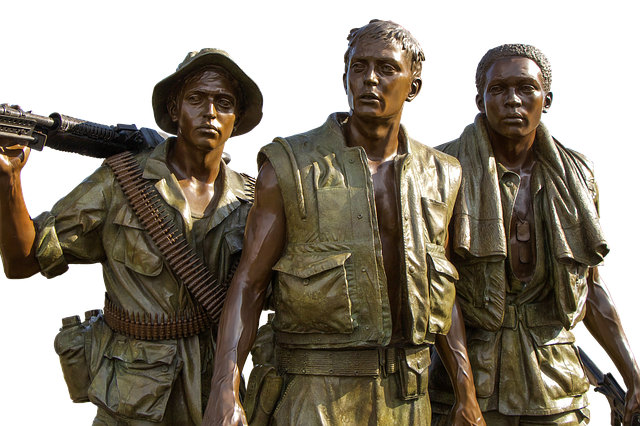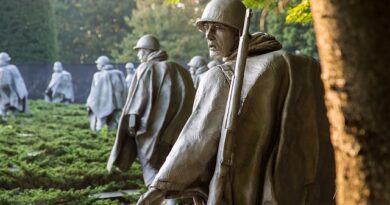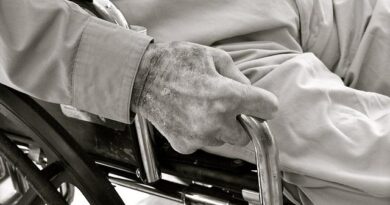Treatment of Vietnam Veterans in the 1960s and Today

Here at The Greatest Generation, we love to look back at important moments in American history. That means, however, that sometimes we have to re-examine some difficult aspects of our past. One of those hard things to talk about is the Vietnam War. With everything that was happening with the conflict and the growing anti-war sentiment. Now, decades later, it’s worth taking a look at how Americans at home treated returning Vietnam veterans and how these service members are viewed today.
Opposition to the War Rose with Cultural Changes at Home
In the 1960s, America was going through another major cultural shift. The hippie movement was at odds with many traditional values. Women’s rights and racial equality were coming to the surface to usher in the change of long-standing norms. It was a turbulent time that seemed to shake up everything bringing good, bad, and everything in between. One notable theme of the decade was the growing opposition to war. Vietnam protests took over city streets with some even turning violent. Perhaps, the anti-war movement was a reflection of a rebellious decade or maybe it was the end result of a country that had seen World War 2 and Korea and was ready to stop fighting. What does this mean for those who served?
Were Vietnam Veterans Treated Badly Upon Returning Home?
We have all heard horrible stories of soldiers returning from war only to be spit on and called names. In fact, the treatment of Vietnam vets has been a topic of discussion for decades. In recent years, commentary on the era has been increasingly apologetic, acknowledging that Vietnam veterans did not receive the hero’s welcome that those who served in previous wars did. Some historians, however, argue that the soldiers being spat on and treated poorly upon returning home were few, and the stories are blown out of proportion. Sadly, many Vietnam vets have similar stories, and regardless of how often and why, no one should return from the horrors of war to be treated as an enemy by their fellow citizens.
How are Our Vietnam Vets Treated Today?
As we mentioned above, Americans today tend to look back at Vietnam with new eyes and with a new respect for those who served. Some, however, might suggest that it is too little too late, especially for those Vietnam veterans we have already lost. Thinking of how many veterans experienced the horrors of war only to feel like they returned to an ungrateful nation. We are glad that sentiment has changed in regard to those who served in Vietnam, and we think it is so important to do all we can to honor those who served this country.
One way that we are working to give back to those who gave so much is by supporting a bill we call the Greatest Generation Benefits Act. Learn more about this important legislation and sign our petition to Congress here.



